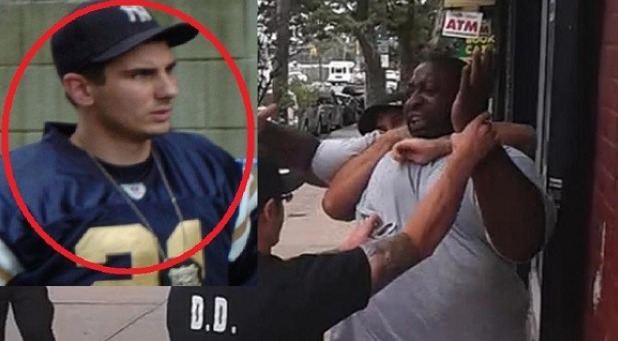See an error in this article?
To contact us or to submit an article

See an error in this article?
To contact us or to submit an article
Click and play our featured shows
We experienced a powerful day in the presence of God! As we transitioned from worship, I had a vision of folks who were tired of raising hands and waiting on the Lord. Breaking news, Spirit-filled stories. Subscribe to Charisma on...
Hundreds of people marched through the streets of Los Angeles, California, this week in a unified front to counter the anti-Semitic movement that’s been sweeping college campuses across America. Washington-based Pursuit Church and Sean Feucht’s “Let Us Worship” hosted the...
https://www.youtube.com/watch?v=MA-rul4E1bY Christian controversy just seems to be a thing these days. It bridges denominations, genders and borders, and when a big name in the Christian sphere stumbles or even falls on their face (metaphorically speaking), there is an army of...
https://www.youtube.com/watch?v=LPgr8qjEFx8&t=772s In an interview between apostle Alexander Pagani and Bishop Alan DiDio on the Encounter Today podcast, the two got candid about deliverance and how generational curses can impact the life of a believer. Get your FREE CHARISMA NEWSLETTERS today!...
https://www.youtube.com/watch?v=wTRXj-8iznE&t=173s Israel: God’s Promised Land, chosen people and spiritual family. The importance of Israel is so much more than we see even on the surface. Though most of the world sees a tiny nation in the Middle East when they...
Do we need a ‘normal’ bible for children? Bibles made for children to understand the Word of God are not a new phenomenon. However, when it comes the new fundraising by the organization known as The Bible for Normal People,...
An Ohio man is being hailed a hero after risking his life to save a baby trapped inside a burning home. John Stickovich, 62, told WJW-TV he rescued the 11-month-old child Monday morning, repeatedly going inside the house to try...
https://www.youtube.com/watch?v=9Wbsa9GqVdM After more than a century, the Boy Scouts of America is changing its name to become a more “inclusive” organization several years after welcoming girls and gay boys into its scouting program. The Texas-based organization is dropping “Boys” from...
https://youtu.be/rJ7LAj9y5tg?si=Z-YClmsaUsLOj6ok After getting baptized at the end of last year, the world was in awe of Hogan’s commitment to Christ. Now, he’s sharing why he’s all in for Jesus Christ. As Church Leaders reported, Hogan, whose actual name is Terry...
https://www.youtube.com/watch?v=GoLgCOBTlFs Here’s a quick rundown of the top stories on charismanews.com: Benny Hinn’s Regrets: ‘I’m a Human Being. I’ve Made Mistakes’ https://youtu.be/f2DyhGQcegQ In an exclusive interview with Stephen Strang, Benny Hinn addressed his two major regrets in regard to prosperity...
Many Christians are stuck in the starting blocks when it comes to running their race and fulfilling the dreams God has placed in their hearts. Because they aren’t sure how a situation is going to turn out or exactly what...
https://www.youtube.com/watch?v=f2DyhGQcegQ Who is the real Benny Hinn? After 50 years in ministry, Benny Hinn has become one of the largest voices in the Pentecostal/charismatic movement. He has been in the throes of controversy many times, especially when it comes to...